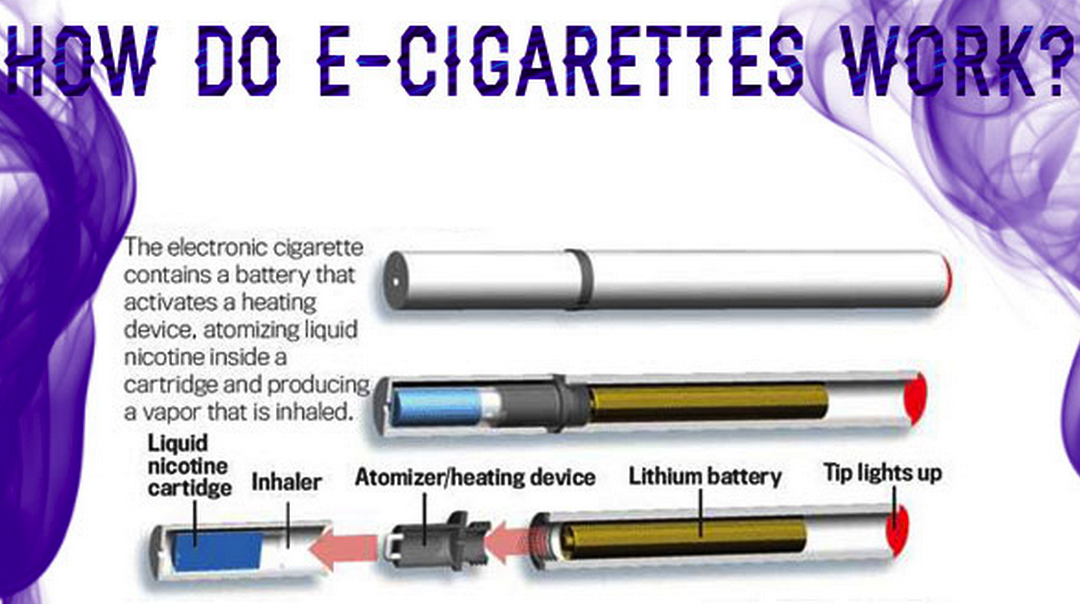Markers for Schizophrenia | inflammatory cytokines

 It is known that Schizophrenia is a serious mental illness with chronic symptoms and significant impairment in psychosocial functioning.
It is known that Schizophrenia is a serious mental illness with chronic symptoms and significant impairment in psychosocial functioning.
Although novel antipsychotics have been developed, the negative and cognitive symptoms of schizophrenia are still unresponsive to pharmacotherapy. The high level of social impairment and a chronic deteriorating course suggest that schizophrenia likely has neurodegenerative characteristics.
Inflammatory markers such as pro-inflammatory cytokines are well-known etiological factors for psychiatric disorders, including schizophrenia. Inflammation in the central nervous system is closely related to neurodegeneration.
In addition to pro-inflammatory cytokines, microglia also play an important role in the inflammatory process in the CNS. Uncontrolled activity of pro-inflammatory cytokines and microglia can induce schizophrenia in tandem with genetic vulnerability and glutamatergic neurotransmitters. Several studies have investigated the possible effects of antipsychotics on inflammation and neurogenesis. Additionally, anti-inflammatory adjuvant therapy has been under investigation as a treatment option for schizophrenia.
Several studies have investigated the possible effects of antipsychotics on inflammation and neurogenesis. Additionally, anti-inflammatory adjuvant therapy has been under investigation as a treatment option for schizophrenia.
Further studies should consider the confounding effects of systemic factors such as metabolic syndrome and smoking. In addition, the unique mechanisms by which pro-inflammatory cytokines are involved in the etiopathology of schizophrenia should be investigated.
sourced from http://www.ncbi.nlm.nih.gov


